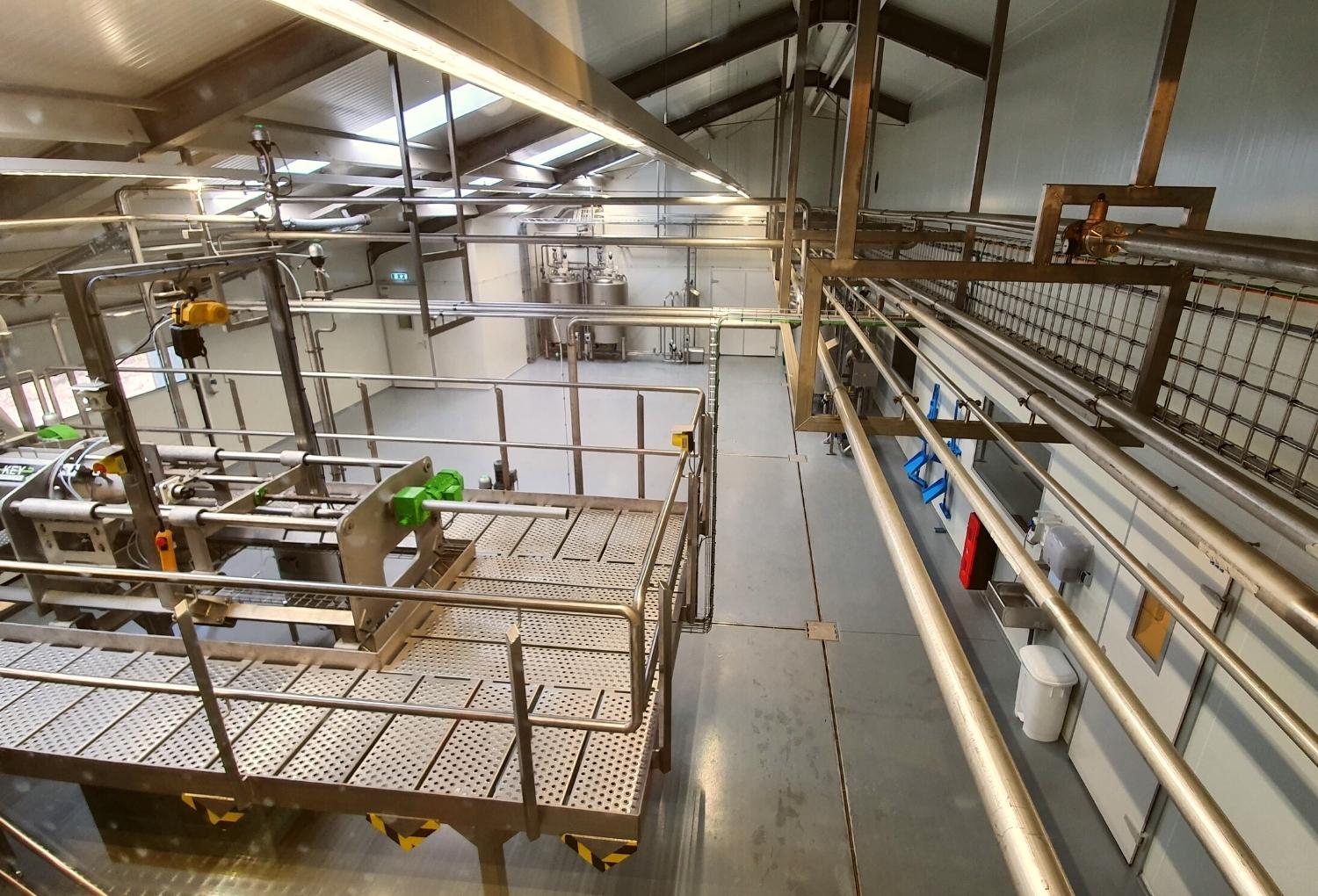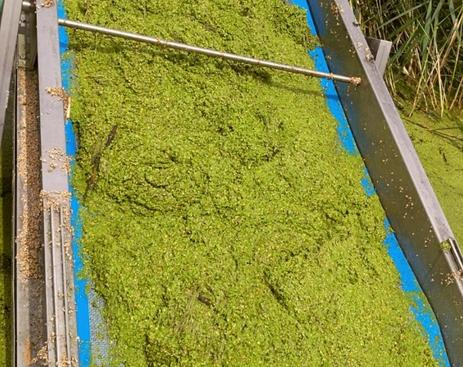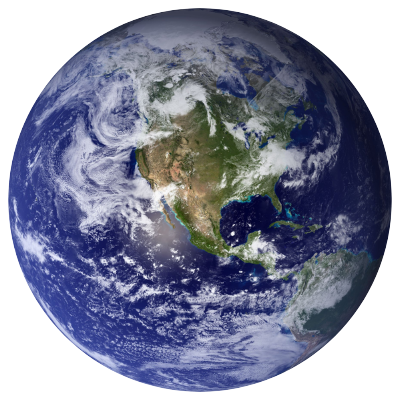

We produce different sustainable products from the raw material:
• Supplement (Protein/Superfood)
• Plan based meat
• Protein bars
• Falafel
• Pastas
• Isolates (odorless, tasteless, colorless powder)
• Diabetes treatments
• Pet food

WORLD CHALLENGES
• FOOD SECURITY: 70% more food in 2050
• CLIMATE CRISIS: 10 years to act
• NATURAL RESOURCES: Insufficient land & water

2030 GLOBAL OPPORTUNITY
• PLANT PROTEIN MARKET: $200bn(14%CGAR)
• CARBON MARKETS: $50bn
• REDUCED CARBON: 1gigaton CO2e
• SAVED LAND: 240,000 km2 (size of UK)
• SAVED WATER: 39 bn m3 (400m people/yr)

WATER LENTILS FACTS
(Optimal conditions in the tropics)
• No arable land needed
• Reproduce every 24hrs
• 95% of water recycled
• Climate Positive: 300kg CO2e/ha/day
SuperProtein
Commercial, sustainable production of water lentils in large scale and natural optimal conditions where they flourish. Produce protein concentrates and isolates, creating carbon credits.
Regenerative Agriculture
Sustainable cultivation of water
lentils in scale.
High-Quality Food
Manufacturing protein
products from water lentils.

Sustainable Technology
Research and development of technologies that clean the planet’s natural resources and mitigate carbon emissions.
Water lentils produce 10-15 times more protein per hectare than soybeans
Compared to the number one plant-based protein globally, the soybean, the humble protein hero, and the water lentil are better in many health and environmental categories.
